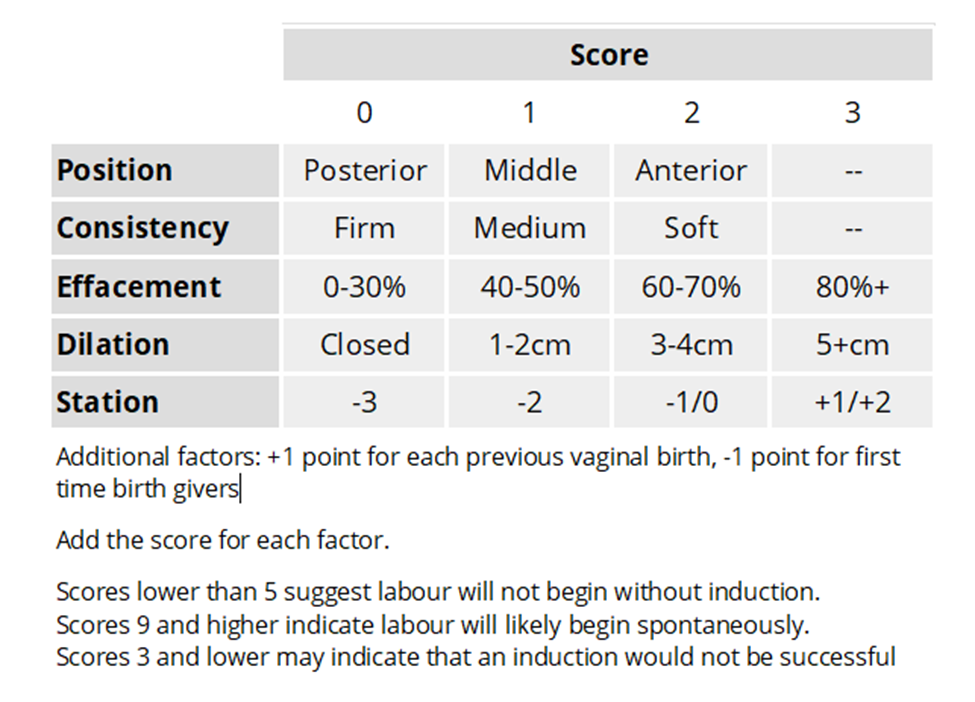A nurse is caring for a client who is in labor and is reporting intense pain during contractions. The client has no previous knowledge of nonpharmacological comfort measures. Which of the following nursing interventions should the nurse implement?
Slow paced breathing
Biofeedback
Self hypnosis
Acupuncture
The Correct Answer is A
The correct answer is A. Slow-paced breathing
A. Slow-paced breathing is a nonpharmacological comfort measure that involves taking slow, deep breaths to promote relaxation and reduce anxiety. It can be an effective technique for managing pain during contractions.
B. Biofeedback involves the use of electronic monitoring to provide feedback about physiological processes, and it is not typically used as a primary nonpharmacological comfort measure for labor pain.
C. Self-hypnosis is a relaxation technique that involves guided imagery and focused concentration to promote relaxation and reduce pain. However, it may require some previous knowledge or practice, and in the context of this scenario, slow-paced breathing may be a more immediate and accessible option.
D. Acupuncture involves the insertion of needles into specific points on the body to stimulate energy flow. While acupuncture can be effective for pain management, it may not be readily available in all labor settings, and slow-paced breathing is a more universally applicable option.
Nursing Test Bank
Naxlex Comprehensive Predictor Exams
Related Questions
Correct Answer is C
Explanation
The correct answer is C. Observe for crowning.
A. Applying fundal pressure is not indicated when the fetal head is at 3+ station. Fundal pressure is generally discouraged as it can increase the risk of fetal and maternal complications.
B. Preparing to administer oxytocin may be necessary later in labor but is not the immediate priority when the fetal head is still at 3+ station.
C. Observing for crowning is the correct action.
Crowning occurs when the widest part of the fetal head is visible at the vaginal opening during contractions. It is a sign that the baby is descending and the client is in the second stage of labor.
D. Observing for the presence of a nuchal cord is a valid consideration, but observing for crowning takes precedence at this stage of labor. Nuchal cords can be managed appropriately once the fetal head has descended further.
Correct Answer is B
Explanation
The correct answer is B. The client will experience a successful induction of labor.
A. The Bishop score is a pre-induction assessment that evaluates several factors, including cervical dilation, effacement, consistency, position, and fetal station. It is used to predict the likelihood of a successful induction of labor. A high Bishop score indicates favorable conditions for induction.
B. Correct. A higher Bishop score indicates a more favorable cervix for induction, and the chances of a successful induction of labor are increased.

C. Lower back pain during labor is not specifically associated with the Bishop score. It can be a common complaint during labor, but it is not predicted by the Bishop score.
D. Dinoprostone is a prostaglandin used for cervical ripening. If the Bishop score indicates an unfavorable cervix, dinoprostone or other cervical ripening agents may be considered to prepare the cervix for induction.
Whether you are a student looking to ace your exams or a practicing nurse seeking to enhance your expertise , our nursing education contents will empower you with the confidence and competence to make a difference in the lives of patients and become a respected leader in the healthcare field.
Visit Naxlex, invest in your future and unlock endless possibilities with our unparalleled nursing education contents today
Report Wrong Answer on the Current Question
Do you disagree with the answer? If yes, what is your expected answer? Explain.
Kindly be descriptive with the issue you are facing.
